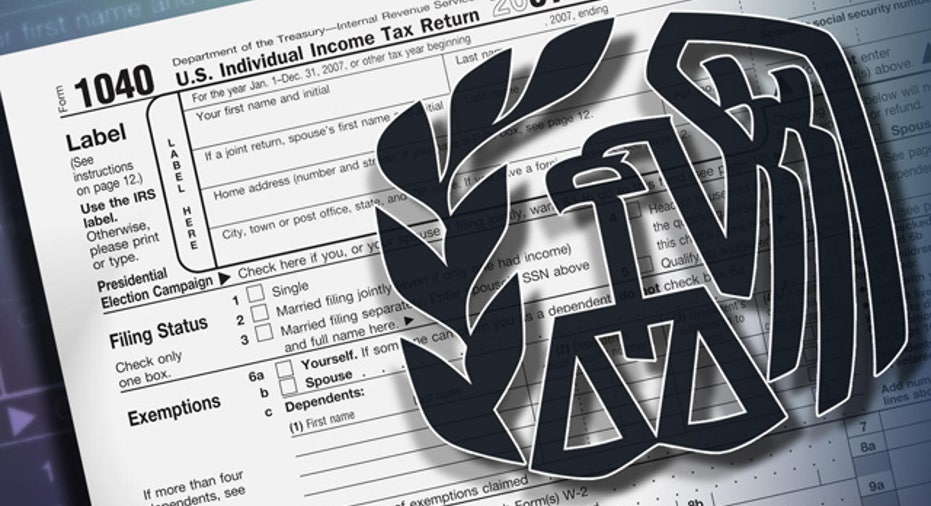Underreporting of Business Income

The IRS has been reaching out to small businesses that receive income via credit and debit cards inquiring if they are declaring all their business income in an effort to curb what is known as the “underground economy.”
The agency has sent approximately 20,000 Notification of Possible Income Underreporting to businesses requesting an explanation of why credit and debit card sales are a higher percentage of income than sales made by cash or check. I suppose this is an effort to close the tax gap – the difference between what is reported and paid to the IRS and what is actually owed.
The letters are accusatory, in that the first line reads: Your gross receipts may be underreported. This may cause fear and panic even to the most honest business owner. David Kautter, a professor of taxation at American University’s Kogod School of Business, says it’s reasonable for Uncle Sam to want to close the tax gap.
“The biggest component of the tax gap is underreported cash transactions.” He called the letters a “research project” to help gather data on how to target future audits to determine unreported income.
“Whatever their purpose, it’s going to cause a lot of anxiety and be time consuming for small business owners. It’s disruptive, intimidating and will be expensive for the small businessperson to deal with.”
But don’t fear. Here’s what’s going on: Beginning in 2012, credit card processing companies were required to begin issuing Form 1099-K to participating businesses to declare annual income via credit and debit card payments. The 1099-K is broken down by month for ease in reconciliation with your own records.
Copies of the form were sent to the business and the IRS to make sure the taxpayer’s business income tax return or Schedule C if a sole proprietorship is accurate. The total from Form 1099 should match what the taxpayer lists as income from credit card payments on the appropriate line of the tax return. If it does not, the IRS will want an explanation.
Not only is the small business owner a tax collector (payroll and sales taxes) but he must now do some homework to determine if his books match with what the credit card processing companies are reporting.
From the appearance of these letters, the IRS is looking at more than just a matching problem and is also analyzing income. If the 1099-K represents the bulk of income declared on the business tax return, the IRS wonders if all income has been declared.
If you receive this letter, have you have 30 days to respond. You should review the information provided in the letter to determine if the income declared on your tax return matches the sales your business recorded for the year. If there is a discrepancy, you will be required to amend your income tax return. Otherwise you should send a letter explaining why credit and debit card sales are such a high percentage.
Many industries, such as restaurants for example, normally receive most of their income via credit and debit cards. In fact, I would say that with the exception of a few cash and carry businesses, most transactions these days are carried out with a credit or debit card. If your business falls into this category, simply answer the letter stating that in your industry, most of the transactions that you receive are via credit and debit card.



















